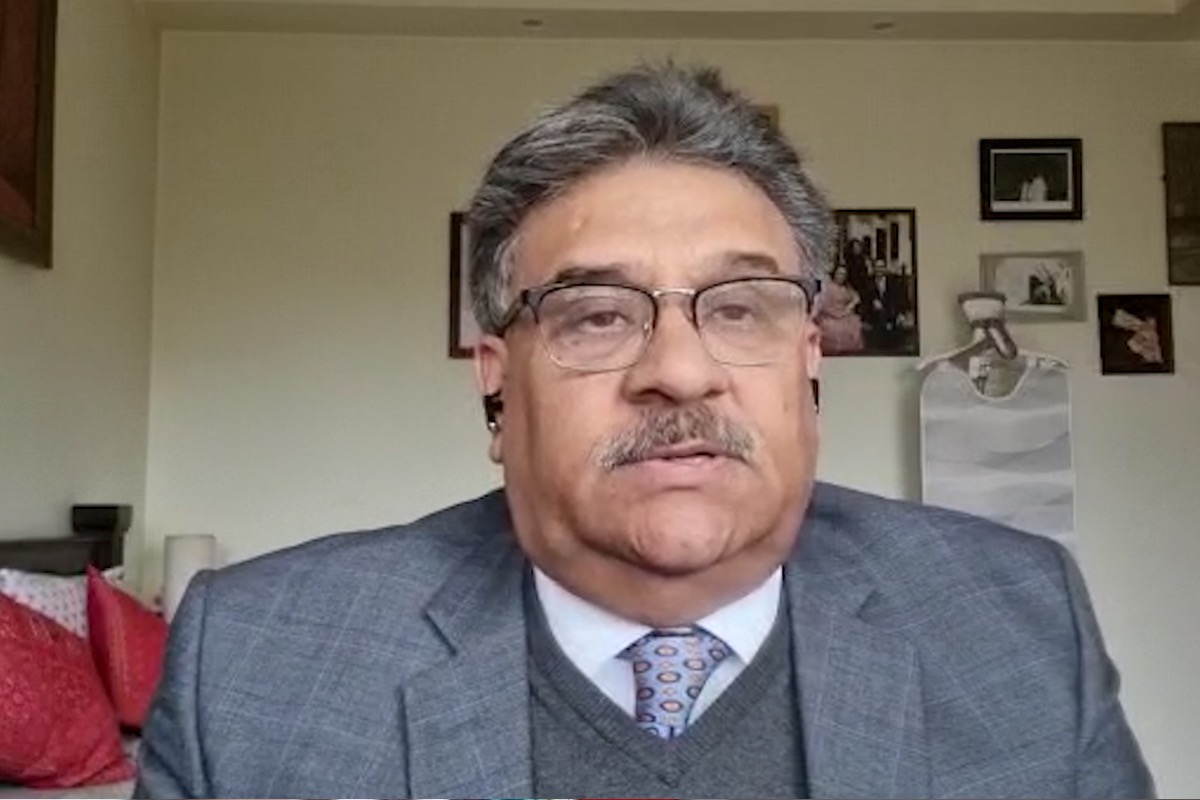Former senior diplomat Anil Trigunayat has said that neighbouring Pakistan needs to learn from India to deal with the prevailing unprecedented economic and energy crises.
Heavily dependent on imports for its energy needs, Pakistan is unable to pay its oil and gas bills and has resorted to cutting down energy consumption in households, commercial establishments and even government offices.
On Tuesday, Islamabad announced a new energy conservation plan as its crippling economy continues to struggle on multiple fronts. The federal government has ordered all markets and restaurants to close by 8:30 pm and 10 pm respectively, with an aim to save 62 billion Pakistani rupees.
Trigunayat, who has served as the ambassador to Jordan Libya and Malta, blamed Pakistan’s political leadership for not diversifying the country’s energy supplies, which, he said, has resulted in the ongoing crisis.
“One feels that they (Pakistani leadership) have to learn from India and China about the way these countries are going towards greening their energy landscape and infrastructure,” he said.
The former diplomat blamed circular debts, inefficiencies, and policy paralysis for Pakistan’s economic woes, adding that Islamabad’s support to terrorists has resulted in lesser investments. “There should be a consistent policy,” he said.
Pakistan has petitioned the International Monetary Fund (IMF) and Saudi Arabia for bailout packages.
“Some of their problems are caused by external factors like the Ukraine war. But some nations have dealt with such issues rather well. There are several problems at the national level that is why Pakistan is unable to cope up with this situation and its citizens have to bear the brunt of it,” Trigunayat said.
He suggested, “Time is ripe for them to undertake extensive reforms and learn from India’s example.”
According to Pakistani media, the country’s foreign exchange reserves have shrunk to alarmingly low levels. In December, its foreign reserves slipped to nearly USD 12 billion, down by half of what it was in January 2022.
The IMF has delayed the release of USD 1.1 billion – part of a bailout package – over a review process.










